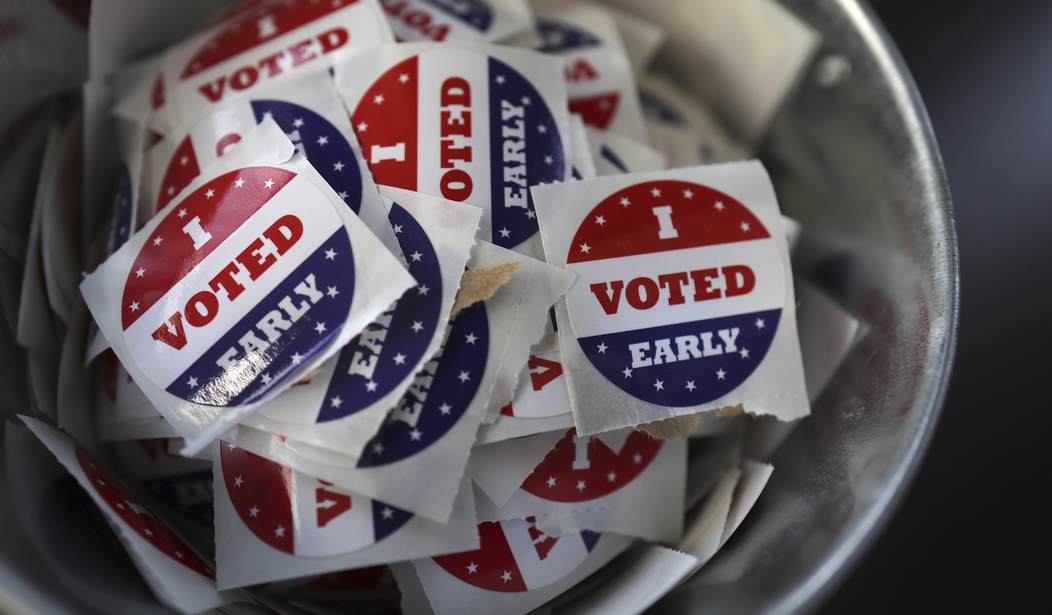It’s no secret that trust in elections has declined, in part due to dubious election fraud claims about North Korean boats unloading fake ballots in Maine in 2020, Diebold voting machines flipping Ohio from Kerry to Bush in 2004, and other wild tales.
While there’s plenty of finger-pointing about who is more at fault for this declining trust, there is broad agreement that delayed results contribute to it. As we saw in 2020, delays of just a few days or hours give rise to concerns and conspiracy theories. A few apparent reforms would speed up reporting, like requiring mail-in ballots to be received by election day and allowing them to be processed as they arrive, thus bolstering trust in elections.
Yet one proposal would further delay results and worsen presidential elections: the National Popular Vote Interstate Compact (NPV). Passed by 17 states with 209 electoral votes, the compact requires member states to ignore their own voters and instead choose presidential electors based on the candidate deemed to have received the most popular votes nationwide. It only takes effect if joined by enough states that together they have a majority of electoral votes. Sold as an “end run” around the Electoral College, the compact would drag out the process of determining a winner for several weeks, possibly even until the day electors have to be appointed.
Part of the problem is that there’s no official national vote count. Each state produces its results according to its rules, but compact member states must wait until every other state finishes counting and reports totals before creating their version of a national vote count. Two of the most populous states, California and New York, are notoriously slow to count ballots and report results. Just those two states will add millions of votes to the national count weeks or even more than a month after election day. For example, in 2016, California added about 1.1 million votes between November 19th and 23rd, and New York reported about 225,000 votes on December 9.
Recommended
In a close election with the NPV compact, those late results could easily change the outcome weeks after election day. The delayed votes in California went 70 percent for Clinton, while the New York votes went for her by 85 percent.
Other states also count and report millions of votes long after election day, often with a similar partisan lean. Research by the Election Lab at MIT found that in recent elections, the national vote for the Democratic ticket typically gains about two percentage points after election day. They call this the “Blue Shift.” In 2016, Clinton had just a 200,000-vote national margin on election night, but it grew to a 2.9 million-vote margin five weeks later.
This means that a Republican who is ahead by three million votes the morning after the election could suddenly be in a dead heat—in the national popular vote—five weeks later when California, New York, and a few other states dump their last votes into the national totals. It’s not difficult to predict the concerns and conspiracy theories that would be produced if a million or more votes counted and added to the national totals a month after election day wound up changing the outcome.
And it isn’t just Republicans who could feel slighted. Politics are constantly changing, so at some future time, we could see a “Red Shift” in which Republicans overtake Democrats in the national vote count weeks after the election.
Election reforms that bolster Americans' faith in elections are needed. Speeding up vote counting, with the goal of reporting meaningful results on election night, should be a priority for every state. The National Popular Vote interstate compact would hinder this important goal and cause even more concerns and conspiracy theories to fester, and it should be rejected.
Sean Parnell is Senior Fellow with Save Our States where he focuses on election policy.

























Join the conversation as a VIP Member